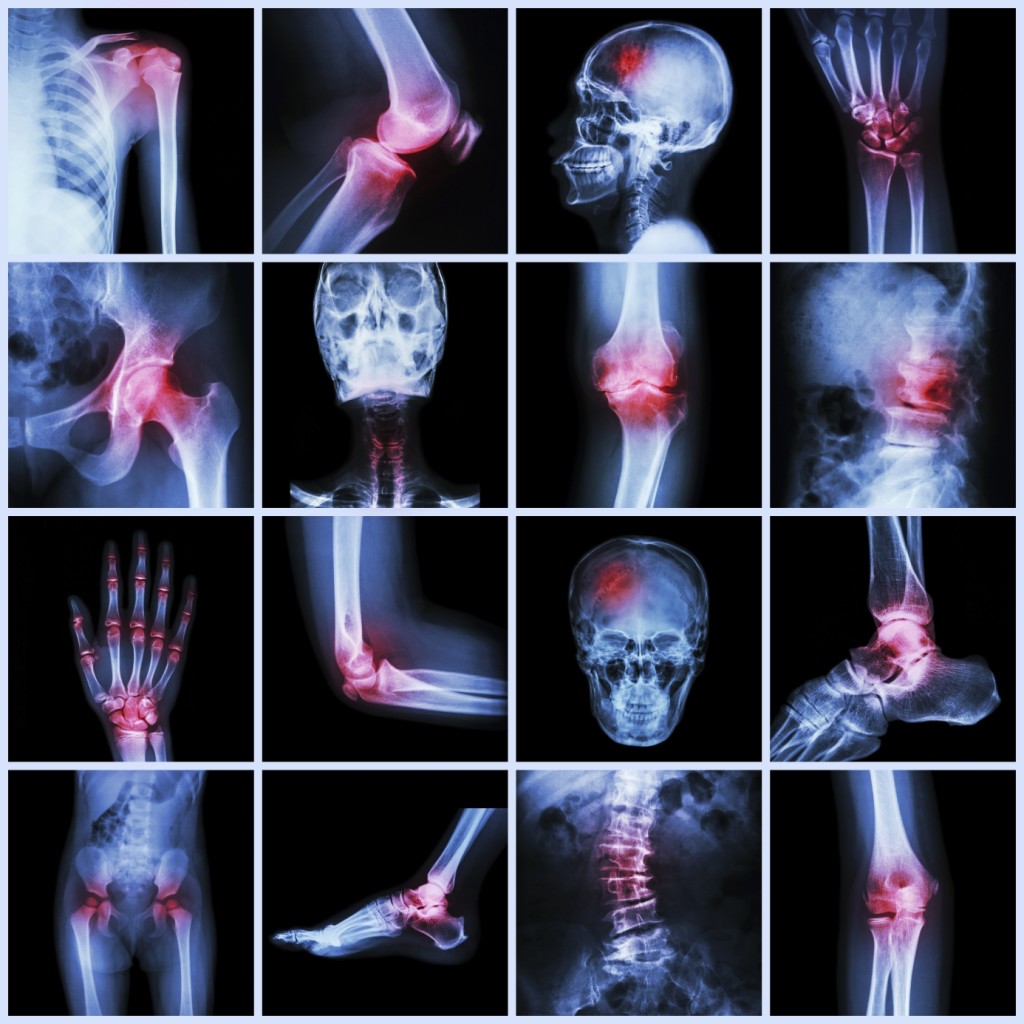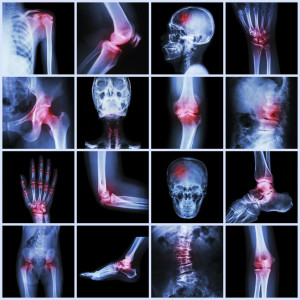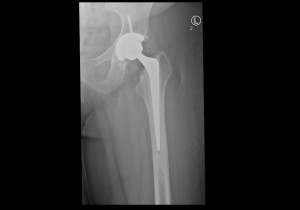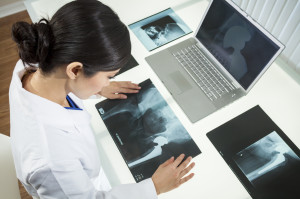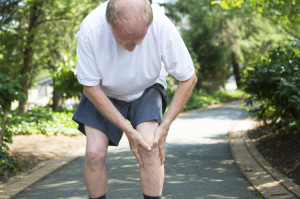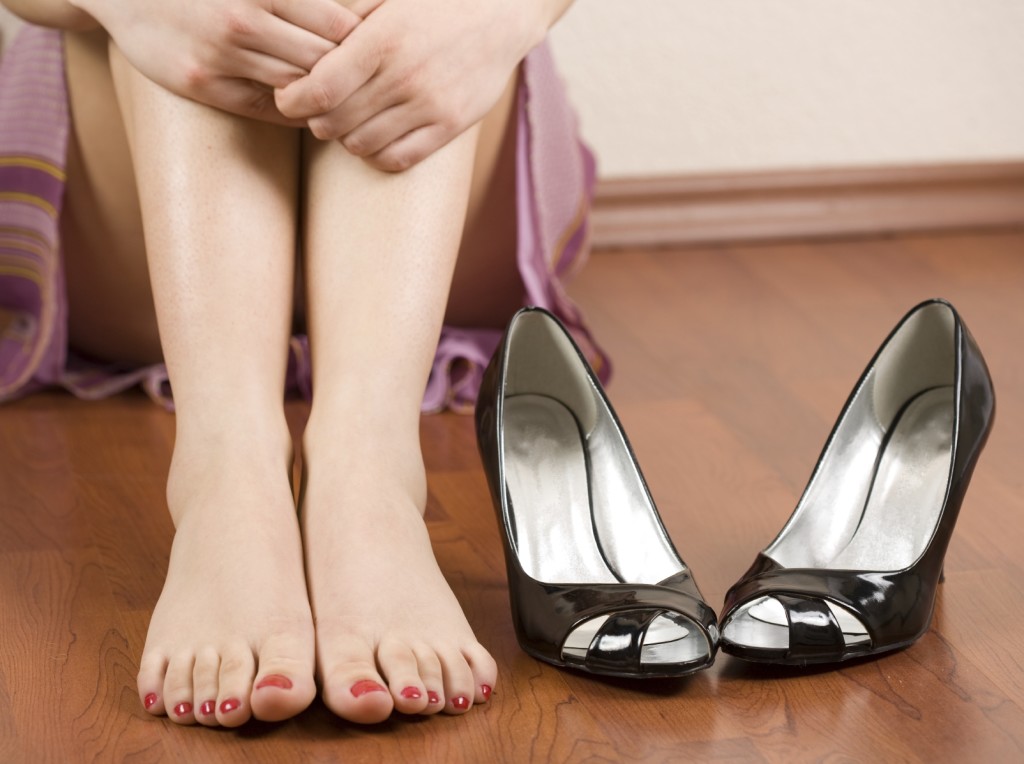There are a number of reasons why people have joint replacement surgery in London; it could be anything from a sudden trauma to a long-term condition like Osteoarthritis. Either way, there are a few rules of thumb that ensure that your operation is successful and puts the spring back in your step.
The main thing to keep in mind is to ensure you choose a reputable doctor who specialises in joint replacement surgery. It’s also a good idea to read other patients testimonials to put you at ease prior to your operation.
Hip Replacements
Hip replacements are usually carried out because of Osteoarthritis lessening a person’s quality of life. This disease is essentially the wearing away of the articular cartilage, exposing the underlying bone and can be extremely painful. However, doctors may also consider the procedure if there’s a tumour on the hip joint or in an emergency situation where the joint or thigh bone has fractured.
Nowadays, minimally invasive hip surgery (using an incision that is generally less than 10cms) is possible. This means there is less muscle cutting and more muscle splitting, resulting in less blood loss, faster recovery and a smaller scar than a conventional approach.
It’s important to look after yourself and your new joint post-operatively, whatever hip replacement procedure you’ve had, to ensure you make a full recovery.
Beginning on the day of your surgery, physiotherapy plays a big part of the recovery process. It involves exercises in and out of the bed, as well as progressively becoming more mobile. You will start with a zimmer frame, then crutches and then onto sticks. You will be advised exercises to perform regularly when you’re discharged, so it’s important that you follow the advice you’re given.
In the first three months after surgery, you need to take extra care so that the muscles around the hip heal and your new joint doesn’t dislocate. It’s important therefore to avoid certain movements such as crossing your legs, twisting movements, or bending your hip more than 90 degrees.
In order to avoid these in your road to recovery, there are a few simple things you can do. Place a pillow between your legs at night time to prevent crossing your legs while you sleep. It’s also advisable to lie on your back for at least six weeks after your joint replacement.
Make sure you don’t bring the leg that has been operated on up towards your body or bend too far forward, to avoid placing unnecessary strain on your joint and risking dislocation.
Knees
Rheumatoid Arthritis, primary Osteoarthritis, or secondary to trauma, disease or previous surgery are all common reasons for people to require a knee replacement. If your joint is painful, swollen, has a noticeable deformity or causes restricted movement, then you may qualify for surgery.
As with hip replacements, physiotherapy generally begins on the same day as your operation. You will be advised of exercises to carry out when you’re discharged. It’s important that you follow the advice you’re given to strengthen the muscles around your new joint and improve the range of movement.
It takes at least three months to make a full recovery from total knee replacement surgery, so it’s important to avoid kneeling and driving. Once you can bend your knee more than 90 degrees, you can begin driving again.
You just need to ensure that you are sufficiently pain-free to perform an emergency stop safely. If you’re unsure whether you can drive again then speak to your doctor.
Try not to rush the process – slow and steady wins the race.
Other Joints
You can also seek operations for a range of joints other than the hip or knee. Whether it’s your hand, foot and ankle, shoulder or elbow, a range of problems can be eased with surgery.
Different operations require different aftercare, and your doctor should speak to you about how to help your joints heal. For instance, with an operation on your hand you may be required to wear splints to protect the healing tissues and bone.
It may cause everyday tasks to become more difficult, but will help you in the long term, so it’s best to stick to the advice from your surgeon or doctor. It may be a good idea to arrange help with transport while you make a recovery, as you may be required to attend regular visits to see your doctor or physical therapist.
If you think you require joint replacement surgery, then you can contact us to book a consultation and find out more information about the process from beginning to end. Please don’t hesitate to call 07943 947 639 and a member of the team will be happy to help.
